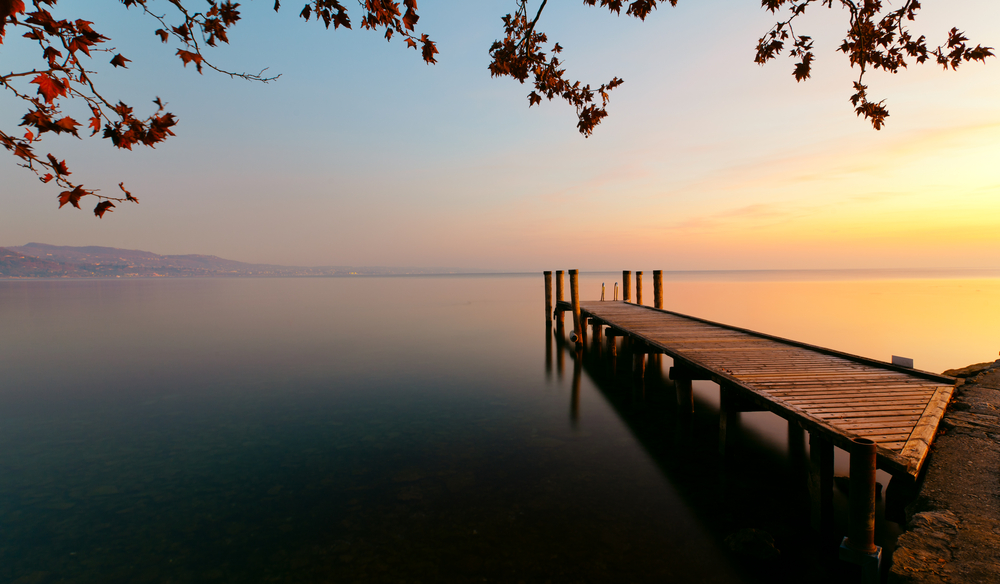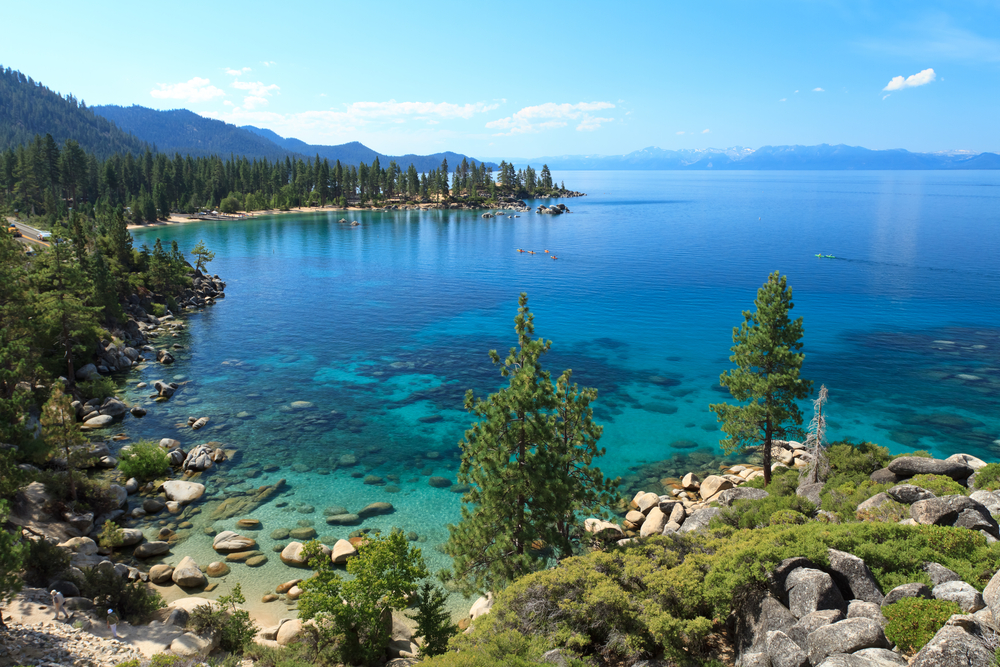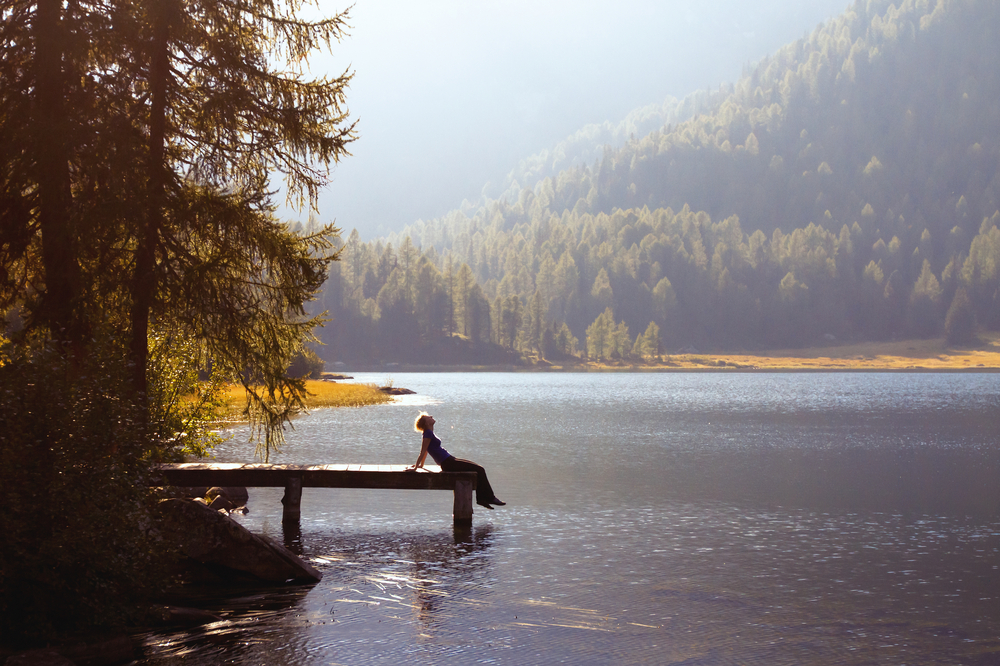
Owning a lakefront home is a dream for many. Picture it: morning coffee on your private dock, peaceful kayak rides, swimming in clear water on warm afternoons, and evenings filled with stunning sunsets. But buying a lakefront property is not like purchasing a home in a traditional neighborhood. It’s much more complex – and the biggest mistake you can make is focusing only on the house while ignoring the lake itself.
When it comes to lakefront living, the lake IS the lifestyle. Understanding all the details about the lake can mean the difference between finding your dream retreat and ending up with years of frustration and disappointment. Let’s dive into why learning about every aspect of the lake is so important before making a purchase.
1. Not All Lakes Are Created Equal
On the surface, a lake might look peaceful and inviting. But below the surface, factors like water quality, seasonal changes, boat traffic, and management practices can significantly affect your enjoyment and the property’s value.
- Water Quality: Is the lake clean enough for swimming? Is it prone to algae blooms in the summer? Water quality reports are often available through the town or local conservation groups. Poor water quality can limit recreation and negatively affect home values.
- Size and Depth: A large, deep lake will offer different activities than a small, shallow one. Deeper lakes are often better for boating, while smaller lakes might limit motorized boats.
- Type of Lake: Is it natural or man-made? Spring-fed or river-fed? Lakes that rely heavily on rainwater can fluctuate significantly in water level, while spring-fed lakes are more stable and often clearer.

2. Understanding Lake Regulations
Every lake is governed by different sets of rules, and they matter—A LOT. Some lakes have strict regulations on motorized boats, dock construction, fishing, and even shoreline modifications.
- Boating Rules: Some lakes restrict boat horsepower, hours of use, or even the types of boats allowed (gas vs. electric). If you dream of jet-skiing but the lake only allows electric motors, you’ll be disappointed.
- Dock and Shoreline Restrictions: Some towns and lake associations regulate how close you can build to the water, the size of docks, or the materials you can use. Always check if your plans for a boathouse, dock, or firepit are even allowed.
- Swimming and Fishing Rights: Believe it or not, some “lakes” are privately owned with limited access. Others might have rights issues concerning fishing, especially if the waterbody is stocked by the state.
Ignoring these rules can lead to costly mistakes—and even legal troubles.
3. Seasonal Changes Matter
Lakes behave differently throughout the year. Before buying, it’s critical to understand what happens as the seasons change.
- Water Levels: Some lakes experience dramatic drops in water level during the summer or fall. Others may lower the lake intentionally during the winter to prevent dock damage or allow for maintenance.
- Flooding Risks: Is the lake prone to flooding during heavy rains or snowmelt? If so, you may face higher flood insurance costs or even lose usable land temporarily.
- Winter Use: In colder climates, does the lake freeze solid enough for winter activities like ice fishing or skating? Or is it too shallow or unpredictable?
Knowing the full-year cycle can ensure your property brings joy in every season—not just in the summer.

4. The Role of a Lake Association
Many lakes have a lake association—an organized group that manages the health, safety, and enjoyment of the waterbody. Being part of a lake association can be a huge advantage—but it also comes with responsibilities.
- Maintenance and Restoration Projects: Associations often handle weed control, dredging, invasive species management, and dam repairs. These efforts protect the lake’s value.
- Fees and Assessments: Be aware of annual association dues and potential special assessments. While they usually aren’t excessive, large repairs (like dam work) can lead to thousands in unexpected costs.
- Community Rules: Associations may also regulate community behavior, helping maintain peace and quiet—but that could mean limitations on short-term rentals, fireworks, or even exterior home renovations.
A strong, active lake association can be a sign of a well-cared-for lake community.
5. Long-Term Environmental Concerns
A beautiful lake today might not look the same 10 or 20 years from now if environmental stewardship isn’t a priority.
- Invasive Species: Plants like milfoil and animals like zebra mussels can overrun a lake, making swimming and boating unpleasant (or even impossible).
- Development Pressures: Over development along the shoreline can cause runoff problems, erosion, and algae blooms. Check if there are environmental protections in place.
- Climate Change: In some areas, warming temperatures are leading to more frequent harmful algae blooms, lower water levels, or stronger storms. Understanding these risks can protect your investment.
As a buyer, you need to ask: what is being done to preserve this lake for the future?

6. Resale and Investment Value
- At the end of the day, your lakefront home is not just a dream—it’s a major investment. The quality of the lake directly impacts the value of your property.
- Homes on clean, well-maintained lakes consistently command higher prices and sell faster.
- Homes on declining lakes—where water quality is poor or community engagement is low—can stagnate on the market or lose value.
- Future buyers will be just as concerned about the lake’s condition as you are today. Learning all you can now protects your financial interests down the road.
Final Thoughts
When buying a lakefront home, don’t fall into the trap of judging the property by the house alone. You’re not just buying four walls—you’re buying the entire lifestyle that the lake provides.
Take the time to:
- Research the lake’s history, rules, and associations.
- Get water quality reports.
- Talk to local homeowners.
- Visit the lake in different seasons.
- Work with a real estate agent who specializes in lakefront properties.
Because when you choose the right lake, you’re not just purchasing a house—you’re embracing a way of life that will bring you peace, adventure, and unforgettable memories for years to come.
Posted by Scott Freerksen “The Lake Guy”
